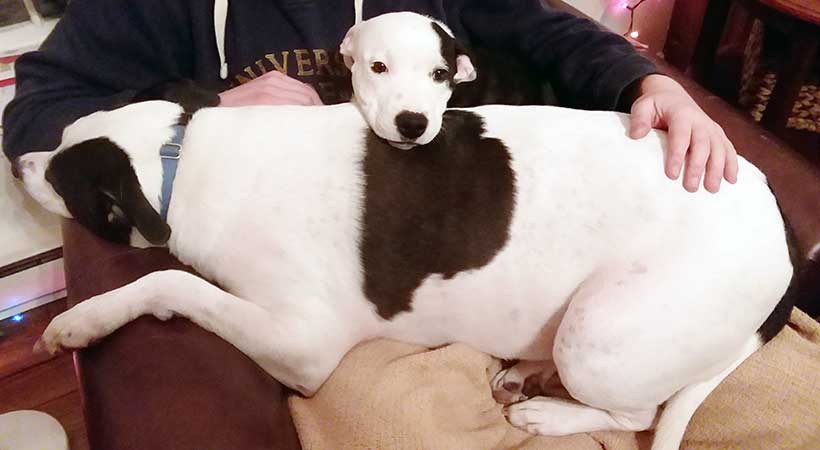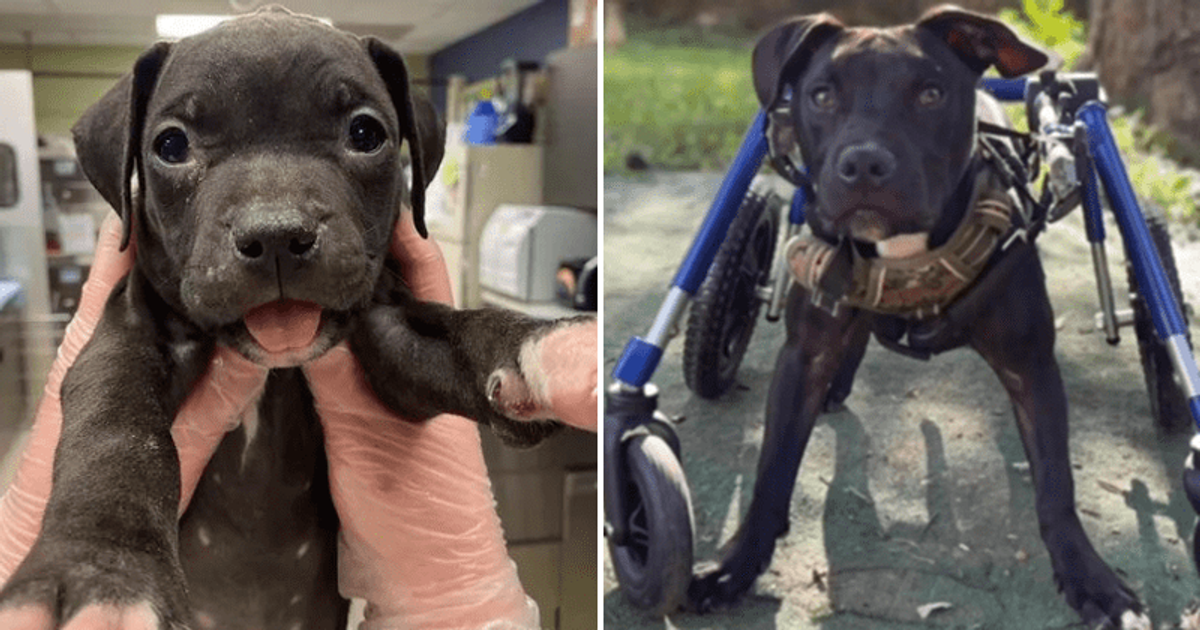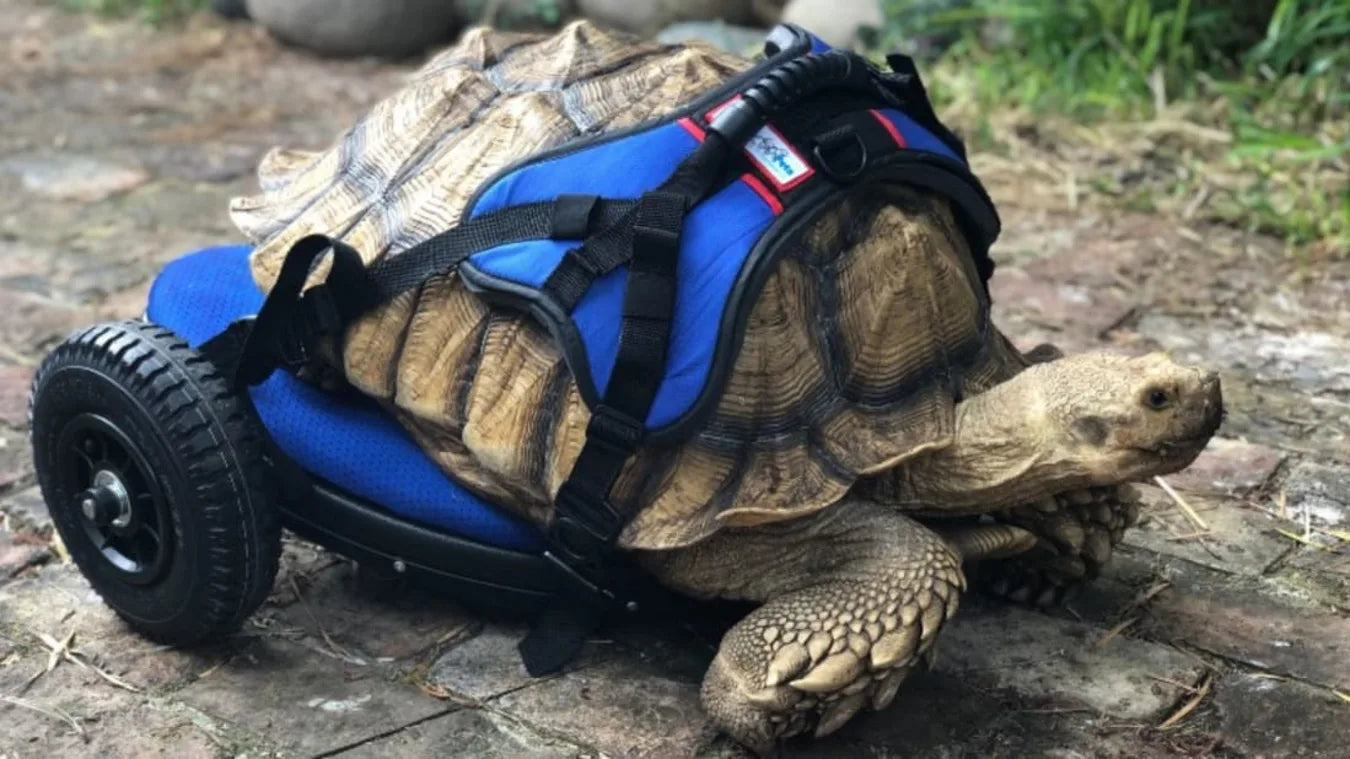Sit Down Dog Wheelchairs

How to Care for the Pet Caregiver
Caring for a pet requires a certain degree of selfless behavior. You have to put the animal’s needs above your own often times. If your pet has special needs, the amount of care for him or her may require even more energy and time. That goes even more so for people who care for several animals, or who run rescues, shelters, or sanctuaries. How do you continue to keep your caregiver dialed up without burning out?
If you don’t care for yourself, you could easily become burned out without realizing it. Or worse, you could become so depleted that you succumb to what has been coined “compassion fatigue” – the gradual loss of compassion over time.
Take Stock
How do you recognize the symptoms of burnout or compassion fatigue before they get the best of you? First of all, make time at least once a week to check in with yourself to take stock of how things are going. Reflect on your week and how you managed your pet care responsibilities.
This is an easy thing to do, but it’s also easy to forget to do it and let time slip by! So, make a ritual out of it. Schedule a particular day, time, and place when you will do your "check-in." It doesn’t need to take more than a few minutes, but it needs to be an intentional few minutes when you consciously think over your week and how it went.
This can be done over a leisurely cup of coffee or tea, or it might include journaling about your week or meditating, if that feels more natural to you. Simply going through a mental checklist is also fine; the important thing is to do it – regularly!
Beware of These Symptoms!
Listed below are some common symptoms that you may be on the road to burnout or compassion fatigue. While it is common to occasionally experience any one of these, if you are experiencing them more often, take note!
- Difficulty sleeping at night
- Feelings of exhaustion
- Depression or extreme sadness
- Feeling out of control
- Uncontrolled anger or rage
- Isolation from family and friends
- Increased irritability or anxiety
- Changes in appetite
These symptoms can creep up on caretakers, so it’s important to be aware of them. Once you recognize them, you can then take steps to deal with them.
Animal rescue or shelter workers are at higher risk, due to the large number of animals they see who might be suffering. As noted in “Compassion Fatigue in the Animal Care Industry,”
“This creates a burden on the heart and soul of the caregiver.”
Rescue, shelter, and sanctuary workers might feel a high degree of satisfaction from helping animals, but may be more likely to experience a high degree of compassion fatigue as well. Finding a sense of balance is key.
Healthy Practices
It is hard for compassionate people to care for themselves! The people who care the most about others often don’t stop long enough to pay attention to their own needs. But it is crucial to do so to keep yourself healthy, strong, and able to continue giving the animals in your care what they need.
Here are some basics that can help you bring balance back into your life:
- Make time to do something you love besides caring for animals. What hobbies do you have? What friends or family members would you enjoy visiting?
- Acknowledge your feelings and give them an outlet. Talk to trusted friends, journal – whatever way is comfortable for you to release your feelings instead of bottling them up.
- Spend time thinking about what you are doing instead of what you are not able to do – many rescue workers and pet caregivers of disabled and aging pets feel guilty at not being able to do enough or save an animal. Focus on how you are making a positive difference.
- Take care of yourself in the most simple ways. Drink lots of water, make time for a good night's sleep, allow yourself time to exercise, apart from animal care - like dancing - even if it's in your own living room!
- Don't take on more responsibilities if you are already feeling overwhelmed! Learning how to say "no" may be necessary for your own self-preservation.
- Schedule a "time out" for yourself each week, even if it's only for an hour. Make this a clear break for yourself, whether it's taking a walk by yourself in nature, soaking in a hot tub, or taking a nap. Make this time whatever will help replenish your well, so that you are the best you can be for others!
Pet Caregiver Care
The most important thing for rescue and shelter workers and caregivers of special needs pets is to recognize the potential for burnout or compassion fatigue. Then acknowledge any symptoms, and take a few action steps so you can come back to full health again. The animals need you, so be sure to take care of yourself!








